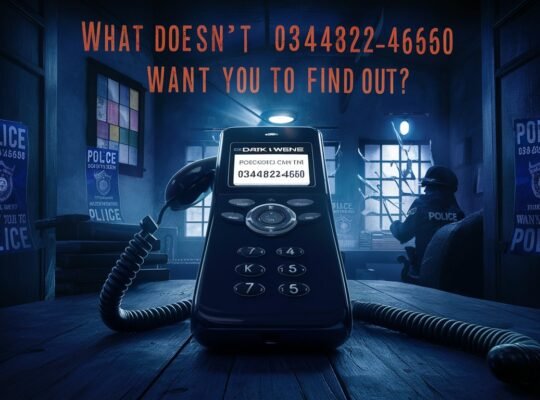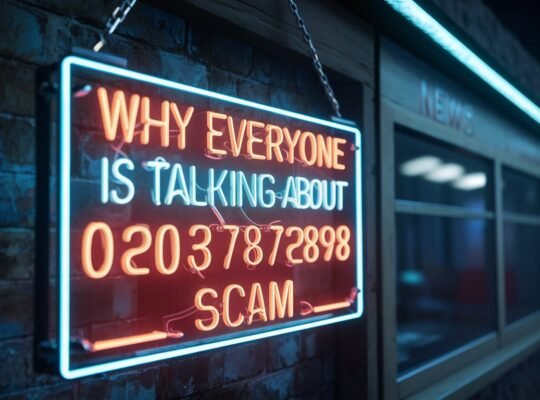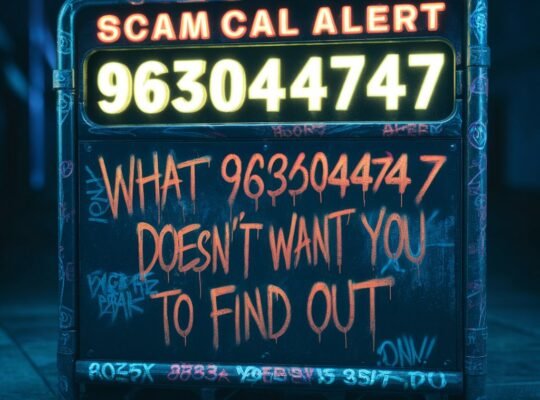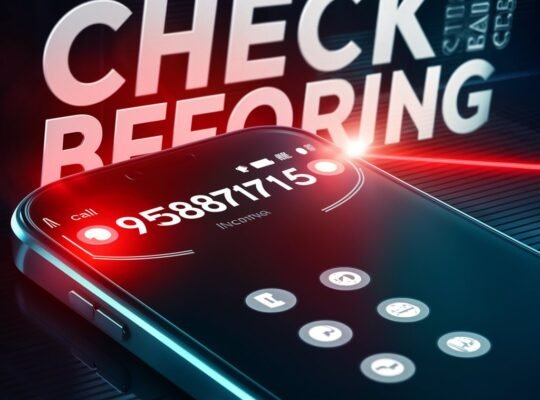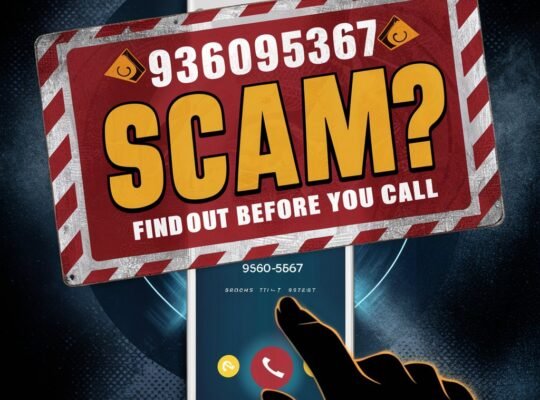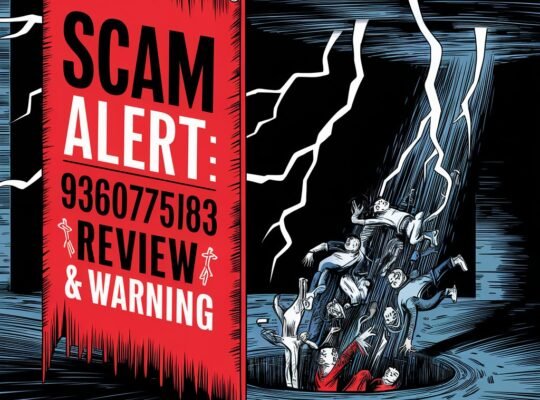Phone scams are a type of fraud that involves deceiving or tricking people over the phone. In 2020, phone scams increased globally, affecting millions of individuals and resulting in substantial financial losses. One such number that has been reported as a scam is 02045996870.
Reports and Complaints
Many individuals have reported receiving calls from this number, claiming to be from a company called the “UK Claims Department”. These complaints can be found on platforms like Who Called Me and Tellows, where users share their experiences and warn others about potential scams. The callers often have foreign accents and sometimes hang up when asked for more details or verification.
Typical Scenarios and Tactics
The callers follow a similar script: they claim that the recipient has been involved in a car accident and is entitled to compensation. They then request personal or financial information, such as name, address, bank account number, or insurance details. Occasionally, they even ask for a fee or tax to process the claim. If the recipient questions the legitimacy of the call, the callers may become aggressive or threatening.
Psychological Manipulation
Fraudsters employ various psychological tactics to manipulate victims:
- Spoofing: They use a fake caller ID to make it appear as if they are calling from a local or reputable number (such as London’s area code, 020).
- Authority: They pretend to be from legitimate organizations (like the “UK Claims Department”) and use formal or legal language to sound credible.
Real Life Examples
Certainly! Let’s delve into some real-life examples of encounters with the infamous 02045996870 number:
The Persistent Caller:
Scenario: Jane, a retiree living in London, receives repeated calls from 02045996870. The caller claims to be from the “UK Claims Department” and insists that Jane is owed compensation for a car accident she was never involved in.
Outcome: Jane, initially confused, becomes suspicious. She hangs up and does her research online. She discovers that others have faced similar calls from the same number. Jane wisely avoids sharing any personal information.
Read about: 02045996874
The Aggressive Scammer:
Scenario: Mark, a busy professional, answers a call from 02045996870 during a work meeting. The caller aggressively insists that Mark owes taxes and threatens legal action if he doesn’t pay immediately.
Outcome: Mark, alarmed, questions the caller’s legitimacy. He hangs up, checks his tax records independently, and realizes it’s a scam. Mark reports the number to the authorities.
The Vulnerable Target:
Scenario: Susan, an elderly woman, receives a call from 02045996870. The caller claims to be her bank manager and requests her account details for “verification.”
Outcome: Susan, trusting the caller, provides her information. Within hours, her bank account is emptied. She later learns that her bank would never ask for sensitive details over the phone.
The Fear-Inducing Threats:
Scenario: David, a recent immigrant, receives a call from 02045996870. The caller, with a heavy accent, threatens David with deportation unless he pays a hefty fee immediately.
Outcome: David panics but decides to consult a friend. His friend advises him to report the call to the police. David learns that immigration authorities would never make such threats over the phone.
How we can protect ourselves from 02045996870
Certainly! Protecting ourselves from phone scams, including the notorious 02045996870, requires vigilance and awareness. Here are some essential steps to safeguard against such fraudulent calls:
Caller ID Verification:
- Always verify the caller’s identity independently. Don’t solely rely on the displayed caller ID, especially if it appears to be a local or reputable number.
- If you receive a call from an unknown number, consider using a reverse phone lookup service or searching online to check if others have reported it as a scam.
Be Skeptical:
- Be cautious when receiving unexpected calls, especially those claiming to be from government agencies, banks, or companies.
- Scammers often use fear tactics or urgency to pressure victims into providing personal information or making immediate payments.
Never Share Sensitive Information:
- Never share personal or financial details over the phone unless you are certain of the caller’s legitimacy.
- Legitimate organizations won’t ask for sensitive information (such as Social Security numbers, bank account details, or passwords) via phone calls.
Hang Up and Call Back:
- If you receive a suspicious call, hang up without providing any information.
- Look up the official contact information for the organization (e.g., bank, tax office, or utility company) and call them directly to verify the situation.
Report Scams:
- Report scam calls to your local authorities or regulatory agencies. In the UK, you can report phone scams to Action Fraud.
- Sharing your experience can help others avoid falling victim to the same scams.
Educate Vulnerable Populations:
- Inform elderly family members, friends, and neighbors about common phone scams and how to protect themselves.
- Scammers often target vulnerable individuals, so spreading awareness is crucial. Check our Parent’s site Software Bench.
Conclusion
The rise of the 02045996870 scam underscores how fraudsters exploit phone calls to extract money or personal information. To safeguard against such risks:







